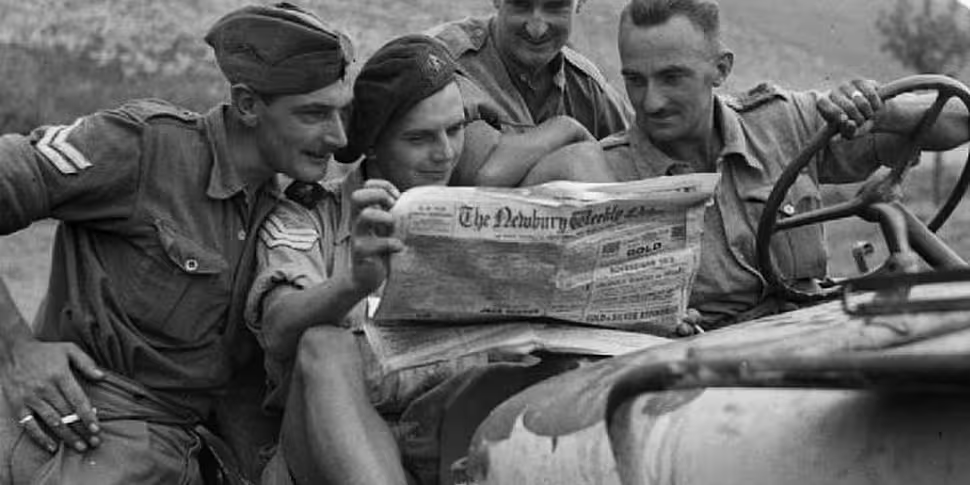Sir Ian Kershaw is one of the world’s most prolific and celebrated writers of history. While his main focus has been on Germany and the Third Reich his latest book widens the scope well beyond this period of history. Confessed as “the most difficult book I’ve written” To Hell and Back traces European history from 1914 up to 1949.
The first half of the 20th century is often regarded as one of the most turbulent and formative periods in European history. Over less than four decades the continental map would be radically redrawn, society would go through numerous revolutions, and politics and power would undergo wholesale changes. The Europe of 1949 was wholly different from that of 1914.
Central to these massive changes was war and conflict. While numerous civil wars and conflicts helped to alter Europe there impact paled in comparison to the two World Wars. It is for that reason that Ian starts his book on the eve of the Great War in 1914.
Before this conflict Europe was a continent dominated by kingdoms and empires and the dictates of a society entrenched in history. While industrial revolution had initiated massive societal and political change it was slow paced. Europe in 1914 wasn’t, for the most part, much different from the continent that had emerged from the Napoleonic Wars.
As Ian points out: “the French even went into the First World War wearing the colours they wore when they fought for Napoleon”.
These “cockerel” colours didn’t last too long, quickly giving way to muted colours and steel helmets. The noble 19th century military attitudes went the same way as technology and industry turned Europe and Russia into killing fields. When peace finally arrived it was to a continent wholly changed.
The kings had been deposed and their empires were carved up. Those on the bottom had begun their upward climb. Women demanded and were given the vote, socialist groups grew, and new forms of governance emerged. The arts and intellectualism, already pushing the boundaries, exploded during peace with the experience of war.
Peace was sadly short lived. As Ian describes it: “despite a short period which I call ‘Dancing on the Volcano’, between 1925 and 1929, despite that you can see all the signs there which are heading toward another cataclysm”.
Unlike in 1914 those who entered into war in 1939 didn’t do so eagerly. Society had become a changed beast and the narrative of glorious battle no longer held sway. War was now reluctantly fought for political ideals or national survival.
These six years of war were some of Europe’s darkest moments. The technology and industry that had made 1914-18 so terrible had become worse still and extended war’s reach from the fighting fronts to cities and homes. The horrors and hatreds that had lurked in society became amplified as murder squads and death camps took the lives of millions because of their race, beliefs, or sexual orientation.
Yet this darkest of conflicts brought about some of the greatest of changes. The hatreds that had fueled the conflict had been dragged into the light and become taboo. The value of human life had become reinforced and peace became a fundamental ideal in European politics. Even while the Cold War took root and new spectres emerged revolutions were beginning which would put love, peace, and welcomeness at the heart of social values.
According to Ian: “within four years [of the end of the Second World War] Europe is on the way back to, now, decades of peace and prosperity, which the inter-war era could not even dream about”.
In the first of five book discussions. Ian talks with host of “Talking History”, Dr Patrick Geoghegan, about To Hell and Back: Europe, 1914-1949.
Patrick then talks with Brendan O’Donoghue about his book, Activities Wise and Otherwise: The Career of Sir Henry Augustus Robinson, 1898-1922, and the life of one of Ireland’s most important civil servants before delving into The Lost Laws of Ireland: How the Brehon Laws Helped Shape Early Irish Society with its author Catherine Duggan.
In the penultimate discussion Patrick talks with Frederick Taylor about the infamous bombing of Coventry and his account of that night, Coventry: Thursday, 14 November 1940, before ending the show by talking about The Irish Soccer Split with its author, Cormac Moore.









